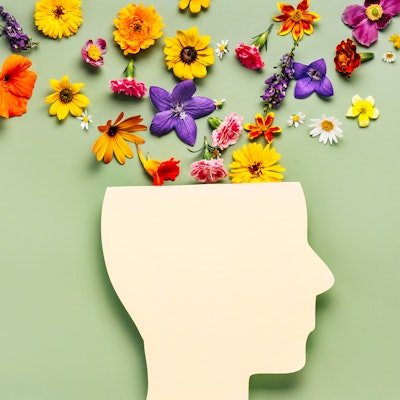
Show Notes
A traumatic event can literally change the way our brain functions, and live on in our body in unexpected ways. The field of psychiatry has not always acknowledged or fully studied the physical impacts of trauma, and mental health practitioners are often not aware of appropriate treatments for traumatized patients. Psychiatrist Bessel van der Kolk has been researching trauma as a clinician for about four decades, and founded one of the first research centers in the United States dedicated to studying traumatic stress in civilians. In 2014, he published the book “The Body Keeps the Score: Brain, Mind, and Body in the Treatment of Trauma,” which struck a chord with millions of people, and has stayed on the New York Times bestseller list for most of the time since publication. Van der Kolk has been a leader in exploring innovative treatments for trauma, such as neurofeedback and eye movement desensitization and reprocessing (EMDR) as well as a proponent of applying simpler and more widespread techniques to trauma therapy, such as yoga and Qigong. The executive director of Aspen Public Radio, Breeze Richardson, interviews van der Kolk at an event from the Winter Words 2023 season, from Aspen Words.
Explore
Related episodes


Kids growing up in the U.S. today are facing some terrifyingly real, daunting problems. Almost every day, they hear about political polarization, racism, climate change, gun violence and a host of other complex societal issues. They’re learning how to comprehend those challenges and the emotions they evoke at the same time they’re trying to learn everything else, and that...


The pain and discomfort brought on by a newly-developed chronic illness can be exhausting. On top of symptoms, millions of people also have frustrating and belittling encounters with the medical system while on a quest to diagnose and treat their illnesses. Journalist Meghan O’Rourke was one of them, and it took her more than a decade to convince a doctor to run the tests...


Psychedelics are emerging from a period of prohibition and association with counterculture into the rigorous world of medical research and treatment. The potential outcomes for people suffering from difficult-to-treat mental ailments, such as PTSD and depression, are exciting, but the landscape is complex. The line between recreational and therapeutic use is muddy, and pro...


Looking around and experiencing the suffering and injustice in the world can make it difficult to believe that happiness exists. But the Judeo-Christian tradition teaches that it’s sinful to succumb to despair, and we have a responsibility to ourselves and others to try and find our way through dark times. On the other hand, when you avoid suffering, you avoid meaning, and...






